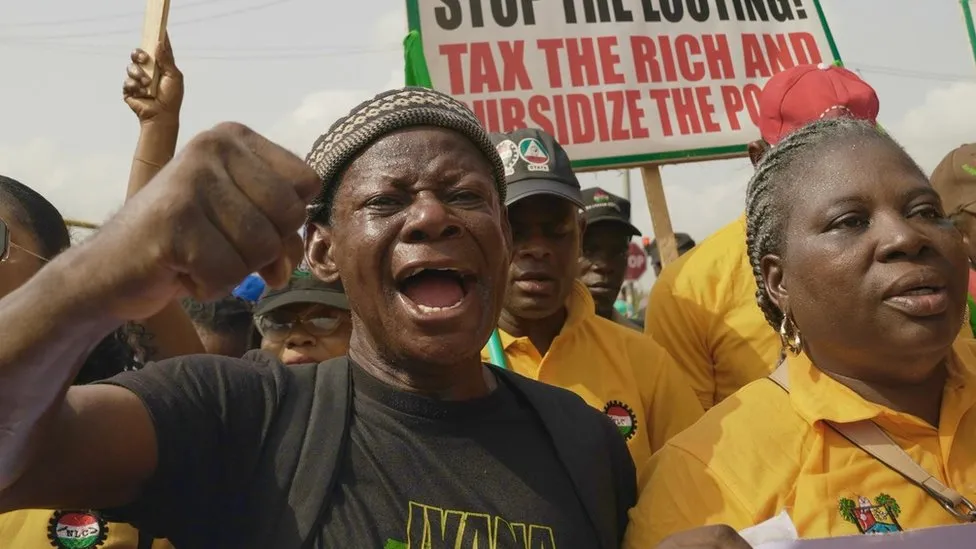Why Nigeria’s economy is in such a mess
Nigeria’s economy has been facing significant challenges in recent years, leading to a state of turmoil and uncertainty. There are several factors that have contributed to this situation:
- Corruption: Nigeria has been plagued by widespread corruption at all levels of government and society, which has hindered economic growth and development.
- Overreliance on oil: Nigeria’s economy is heavily dependent on oil exports, leaving it vulnerable to fluctuations in global oil prices.
- Poor infrastructure: Nigeria lacks adequate infrastructure, including reliable power supply and transportation networks, which hinders business operations and investment.
- Political instability: Nigeria has experienced frequent changes in government and political unrest, leading to a lack of long-term economic planning and stability.
- Weak institutions: Nigeria’s institutions, including its legal system and regulatory bodies, are often ineffective and unable to combat corruption and promote economic growth.
These challenges have combined to create a perfect storm for Nigeria’s economy, leading to high levels of unemployment, inflation, and poverty. Addressing these issues will require comprehensive and sustained efforts from both the government and the private sector.
